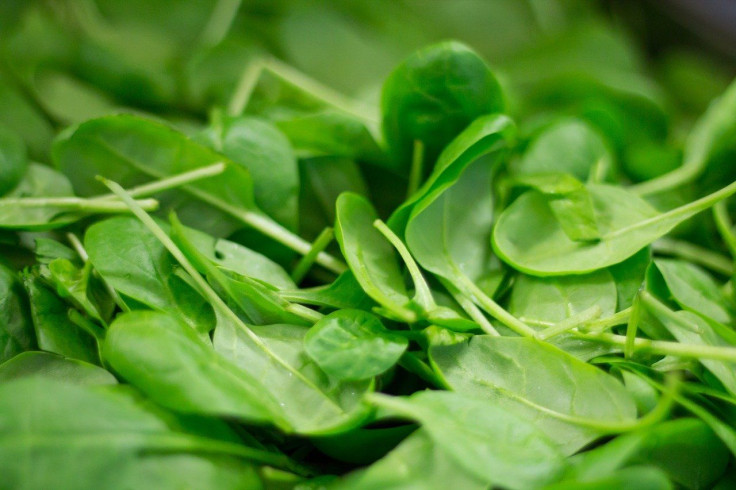Lidl-Branded Spinach Sold In Several States Recalled Over Listeria Concerns
KEY POINTS
- Certain Lidl-branded chopped spinach products are being recalled
- Routine testing revealed they may be contaminated with Listeria
- Customers may return the products to get a full refund
A company is voluntarily recalling certain lots of its bagged chopped spinach products because they may be contaminated with Listeria monocytogenes.
Frozen Foods Company learned about the issue after the 12-ounce packs of Lidl branded Frozen Chopped Spinach turned out to be positive for Listeria monocytogenes during routine testing, the company announcement posted on the U.S. Food and Drug Administration's (FDA) website noted.
Consuming food that's contaminated with L. monocytogenes can cause listeriosis. Although people considered to be healthy "rarely" fall ill from listeria infection, it can be quite serious for young children, the elderly and those with weakened immune systems.
It is also "particularly dangerous" for pregnant women and their newborns, the FDA said. This is because listeriosis can cause pregnancy complications and even miscarriage, while the newborn may develop "severe health complications."
Recalled Products
The products affected by the recall are the 12-ounce bags of Lidl Frozen Chopped Spinach with lot numbers # R17742 or R17963 and the "best by" date of 9/10/23. They were distributed in Lidl stores in Georgia, South Carolina, North Carolina, Virginia, Maryland, Delaware, New York, New Jersey and Pennsylvania. Photos of their packaging are available on the FDA website.
So far, no illnesses related to the recall have been reported, but the company has suspended the production of the said product while an investigation is ongoing.
Customers who may have bought the products are advised to return the items where they were purchased to get a full refund. Those with questions about the recall may contact the company at 1-844-747-5435.
Listeriosis In The U.S.
According to the Centers for Disease Control and Prevention (CDC), it is estimated that around 1,600 people get listeriosis in the U.S. each year, 260 of whom end up dying.
To protect oneself from Listeria infection, it is important to be aware of the foods that are deemed more likely to contain Listeria, such as deli meats, unpasteurized products, raw sprouts, soft cheeses made from unpasteurized milk and even hot dogs, the CDC noted.
Some of the foods linked to past outbreaks include unpasteurized kinds of milk, cheeses, ice cream, sausages, smoked seafood and raw and processed vegetables or fruits.
L. monocytogenes has even been detected in pet food, the FDA said.
Keeping things clean, including washing one's hands thoroughly with soap and warm water, is one of the simple ways to prevent listeria infections, the Mayo Clinic explained. It is also important to clean raw vegetables under running water and cook food to safe temperatures.

© Copyright IBTimes 2025. All rights reserved.





















